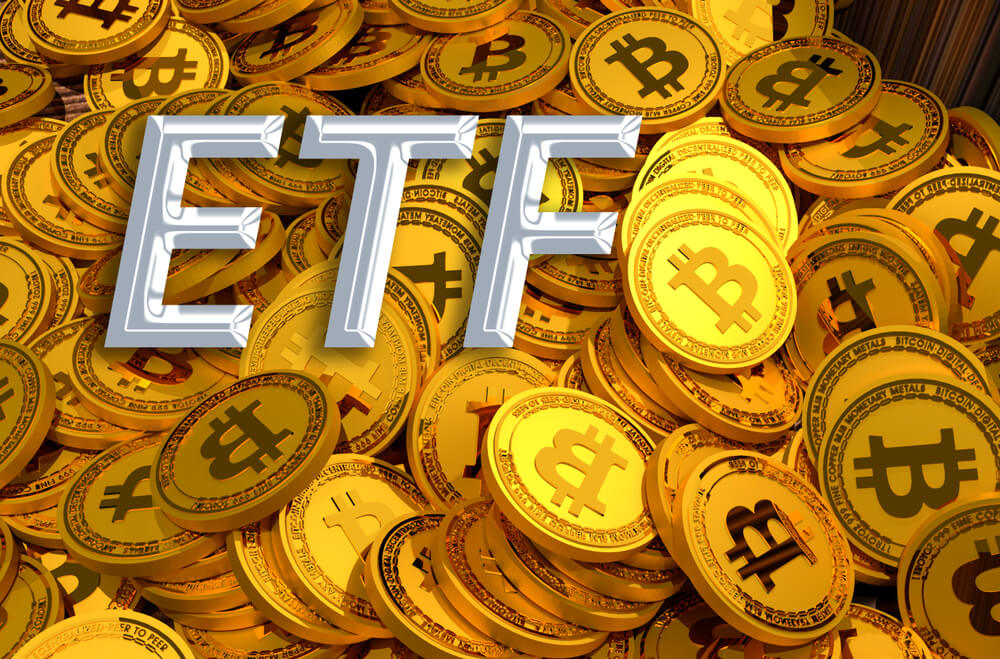Hester Pierce – the commissioner at the Securities and Exchange Commission (SEC) – admits that perhaps the agency’s reluctance to approve a bitcoin or crypto-based exchange-traded fund (ETF) was a bit of a mistake now that Canada has come so far in this department.
Pierce: A Bitcoin ETF Is Now Being Pushed More Than Ever
Over the years, many companies – from Van Eck to Bitwise – have submitted applications to get bitcoin ETFs approved by the Securities and Exchange Commission. Sadly, while some of these applications have gotten farther than others, the answer for many of them has always been a large and resounding “no,” as the SEC hasn’t been willing to take chances with crypto given the risks associated with it.
For one thing, crypto tends to be very volatile, and the agency has been worried that people could easily lose their money. The second is that crypto tends to be somewhat unregulated, and the organization likely had concerns about illicit activity.
Either way, the journey of a bitcoin ETF in the United States has been something of a long and arduous one. Now, Canada has unveiled several crypto-based ETFs, and it looks like America’s neighbor to the north has come out on top. Naturally, U.S. regulators – who are always looking to stay two steps ahead of the game – can’t be too happy about being left in the dust in this department.
Pierce explained in an interview that there is now more pressure than ever to approve an ETF:
We’ve dug ourselves into a little bit of a hole. A lot of people are looking for a way to access the asset class.
In the past, as many as ten separate companies have tried to get bitcoin or crypto ETF applications approved, only to be swiftly cut down. Pierce, on the other hand, is a bit more open-minded when it comes to crypto than many of her peers and seems ready to open some doors here and there to further crypto product discussions. She states:
What I would urge my fellow regulators and people at the Fed to think is to think not only to have the reaction of looking at where the negatives are, but to really look for the positives.
Two Groups Joining Together to Create the Future
She also thinks that more can be accomplished should the public and private sectors decide to work together. She comments:
A lot of the real innovation happens in the private sector. Don’t try to squelch that out, and don’t view this as a competition between the private and the public sector. There tends to be a conservatism which I think is reflected in a lot of comments from regulators.
Lastly, she thinks the path towards a bitcoin ETF will become easier now that Gary Gensler – a former digital currency professor at MIT – is the nominated chairman of the agency.




